Posted on 12/21/2023

Picture yourself navigating a tight corner on a rain-soaked road, your hands gripping the wheel as you maneuver with precision. It's moments like these when the essence of your car's soul, the drive system, really shines through. But what exactly sets front-wheel drive (FWD) apart from rear-wheel drive (RWD) vehicles? And more importantly, how does it affect your driving experience? The FWD Advantages Front-wheel drive cars have their engine power directed to the front wheels. This layout offers distinct advantages, especially in adverse weather conditions. With the weight of the engine over the driven wheels, FWD cars typically deliver better traction when pulling away on slippery surfaces. This setup also tends to provide better fuel efficiency due to its simpler and lighter design. FWD vehicles are known for their ease of handling for everyday drivers. They inherently ... read more
Posted on 11/30/2023
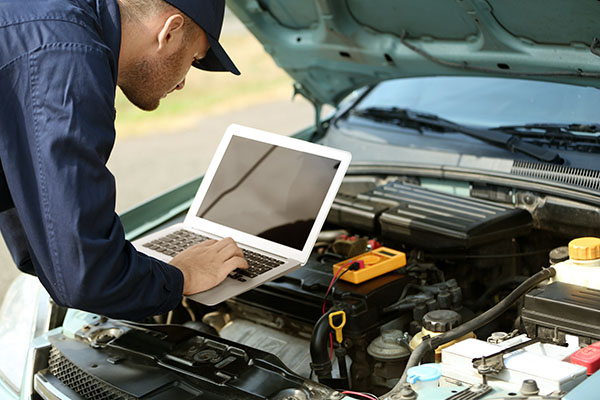
As the miles on your car accumulate and the seasons change, your trusted four-wheeled friend may start showing signs of wear and tear. It's a natural part of automotive ownership, and recognizing when it's time for a grand overhaul is the key to keeping your ride running smoothly. What Is An Overhaul? A vehicle overhaul involves a comprehensive and systematic restoration of a vehicle's major components and systems to bring it back to a state of optimal functionality and performance. This extensive process often includes disassembling the engine, transmission, brakes, and other critical parts, inspecting them thoroughly, replacing worn or damaged components, and reassembling the vehicle with renewed or upgraded parts. The goal of a vehicle overhaul is to extend its lifespan, improve reliability, and enhance overall performance, making it akin to ... read more
Posted on 10/30/2023
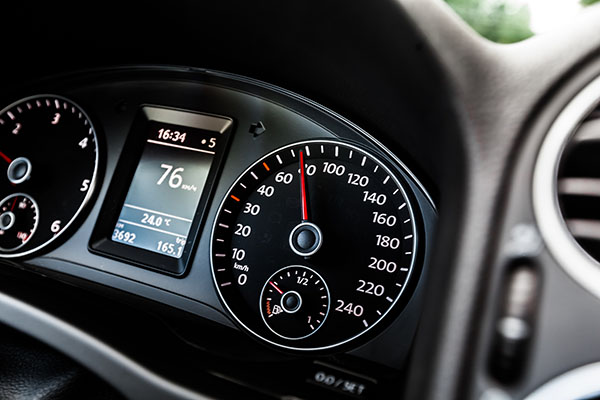
Before you shift into gear and embrace the open road, there's a vital ritual that your car craves - the gentle hum of the engine coming to life. While the notion of starting your car a few minutes before driving might seem like an inconsequential habit - it holds the key to ensuring your vehicle's optimal performance and longevity. "Why is that exactly?"Lubricating the EngineThe engine, much like the heart of your vehicle, requires adequate lubrication to function seamlessly. When your car has been idle for an extended period, the oil settles at the bottom of the engine, leaving crucial components susceptible to friction and wear upon initial start-up. Allowing the engine to idle for a few minutes, you enable the oil to circulate throughout the engine, ensuring that all parts receive proper lubrication. This process m ... read more
Posted on 9/29/2023
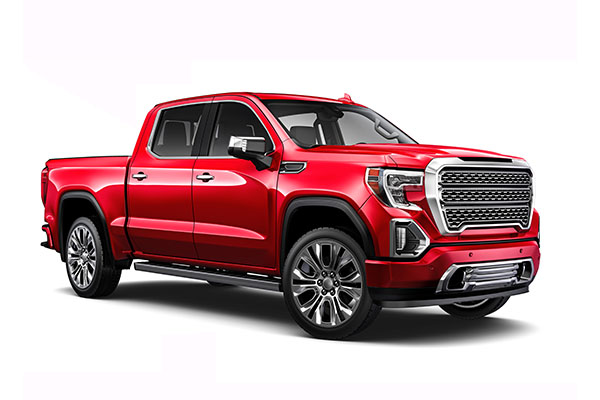
Your Ford F-150 is more than just a truck; it's a powerhouse of potential waiting to be unleashed. Whether you use it for daily commutes or off-road adventures, making it run smoother and perform better is a pursuit every proud owner craves. But how can you truly tap into the hidden capabilities of this legendary vehicle? Upgrade Your Air Intake It all starts with the air. Upgrading your Ford F-150's air intake system can boost horsepower and torque by allowing your engine to breathe more freely. Consider a high-performance air filter or a cold air intake system for an instant power boost. Fuel Injection Tuning Modern trucks like the F-150 rely on advanced fuel injection systems. Tuning these systems for optimal performance can enhance throttle response and fuel efficiency. Invest in a quality tuner to fine-tune your truck's engine. Exhaust System Overhaul Upgrading your exhaust system not only improves performa ... read more
Posted on 8/31/2023
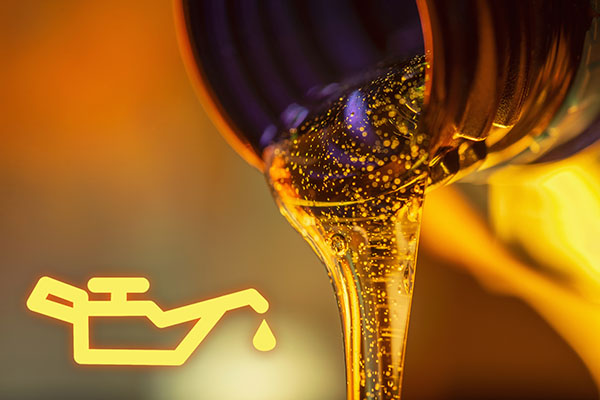
Selecting the right engine oil for your vehicle is essential to ensure its smooth operation, longevity, and performance. With a plethora of options available, it's important to understand the best brands and types of engine oil that suit your vehicle's needs. Mobil 1 Renowned for its synthetic formulations, Mobil 1 is trusted by car enthusiasts and professional mechanics alike. Its advanced synthetic oils offer excellent protection against engine wear, deposit buildup, and high temperatures. Castrol Castrol is another respected name in the industry, offering a range of synthetic and conventional oils. Their oils are designed to provide optimal engine performance, improve fuel efficiency, and reduce engine friction. Valvoline Valvoline is known for its high-quality conventional and synthetic blend oils. With a focus on engine cleanliness and protection, Valvoline oils are a popular choice for various vehicle types ... read more
Posted on 7/31/2023
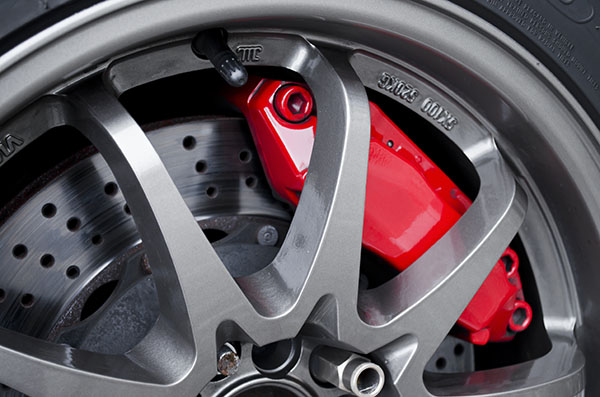
In the fast-paced world of driving, the ability to stop swiftly and safely is of utmost importance. This vital function is made possible by your car's brakes, which work tirelessly to bring you to a halt. But have you ever wondered how brakes handle the immense heat generated during the process? Well, if you have, this article will be the perfect read for you! Here is everything you need to know about brakes, how they dissipate heat, and how it affects them: Understanding Brake Heat Dissipation When you apply the brakes, the brake pads press against the brake discs (rotors), converting kinetic energy into heat energy. This friction generates an enormous amount of heat, which, if not adequately dissipated, can lead to brake fade and reduced braking efficiency. How Brakes Dissipate Heat Modern brake discs often feature ventilation holes or slots. These channels allow air to flow through, aiding in the removal of heat from the brake system. They a ... read more
Posted on 6/30/2023
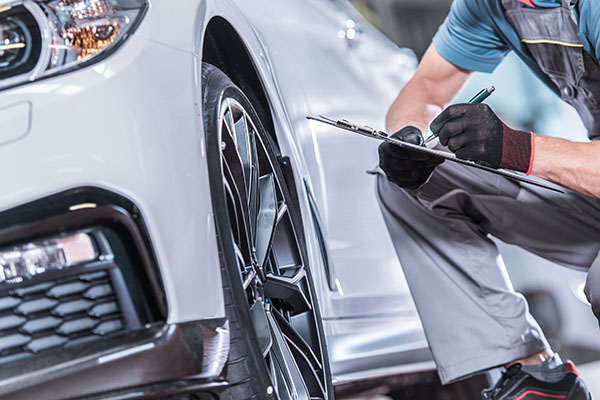
When it comes to choosing a vehicle, safety should always be a top priority. Advanced safety features, crash test ratings, and robust construction can significantly enhance your protection on the road. In this short list, we will present three vehicles known for their exceptional safety features and outstanding safety ratings. Let's explore these top picks in detail, including their exact models and vehicle specifications. |2023 Volvo XC90| The Volvo XC90 has long been regarded as one of the safest SUVs on the market, consistently earning high safety ratings from various organizations. This luxury midsize SUV combines elegant design with a comprehensive suite of safety features. Here are some key aspects and specifications of the 2023 Volvo XC90: Safety Features: The XC90 comes equipped with an extensive range of safety features, including forward collision warning with automatic emergency braking, blind-spot monitoring, lane-keeping assist, ada ... read more
Posted on 5/31/2023
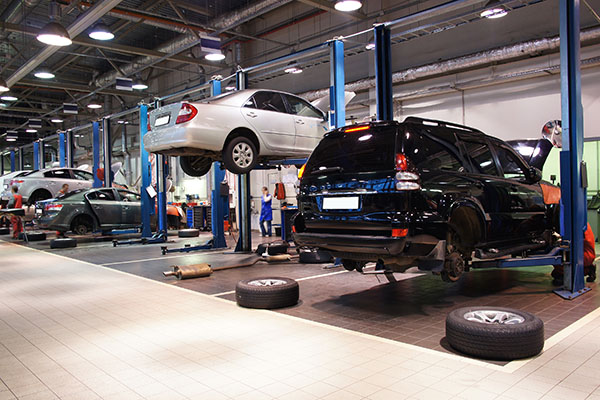
When it comes to keeping your vehicle in optimal condition, choosing the right repair shop is crucial. Whether you need routine maintenance or complex repairs, entrusting your car to skilled professionals is essential for safety, reliability, and peace of mind. In this blog, we will provide you with valuable tips that will help you choose the right repair shop that meets your needs and ensures top-quality automotive services. Tip 1: Research and Reputation Start by conducting thorough research on local repair shops. Check online reviews, ask for recommendations from friends, family, or colleagues, and consider the shop's reputation within the community. Look for certifications, affiliations with professional organizations, and positive customer testimonials. A reputable repair shop will have a track record of providing excellent service and customer satisfaction - or a lot of good reviews online. Tip 2: Certifications and Expertise Consider the ... read more
Posted on 4/29/2023
.jpeg)
The drivetrain consists of several key components, including the engine, transmission, driveshaft, differential, and axles. Each component plays a unique role in power delivery and ensuring smooth operation. Here is a more in-depth look at the components and the system in general: Power Generation The engine generates power by combusting fuel, which is converted into rotational motion. This rotational motion is transferred to the transmission. Transmission The transmission is responsible for controlling the power output from the engine and transmitting it to the wheels. It allows for gear shifting, enabling the vehicle to operate efficiently across different speeds and driving conditions. Driveshaft The driveshaft, also known as the propeller shaft, transfers power from the transmission to the differential. It is a long, cylindrical component that connects the transmission output shaft to the differential input shaft. Di ... read more
Posted on 3/30/2023
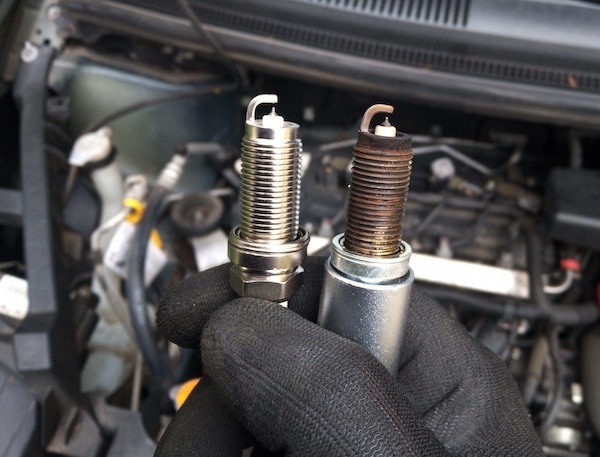
If you're a seasoned vehicle owner, you may have heard the term "tune-up" thrown around, but you might not know what it actually entails. To clear the air, we are here to inform you about what a tune-up is, what it includes, and whether or not it's necessary for your vehicle. What is a Tune-Up? A tune-up is just another type of preventative maintenance for your car. It involves a series of inspections and adjustments to ensure your vehicle runs smoothly and efficiently. A typical tune-up may include any of the following modifications: Changing the spark plugs and spark plug wires Replacing the distributor cap and rotor Inspecting and replacing the air filter and fuel filter Checking and adjusting the ignition timing and idle speed Inspecting and cleaning the battery terminals and cables Inspecting the belts and hoses for wear and tear Checking the fluid levels and topping them off if necessary Are Tune-Ups Necessary? In the past, tune-ups were recommended e ... read more